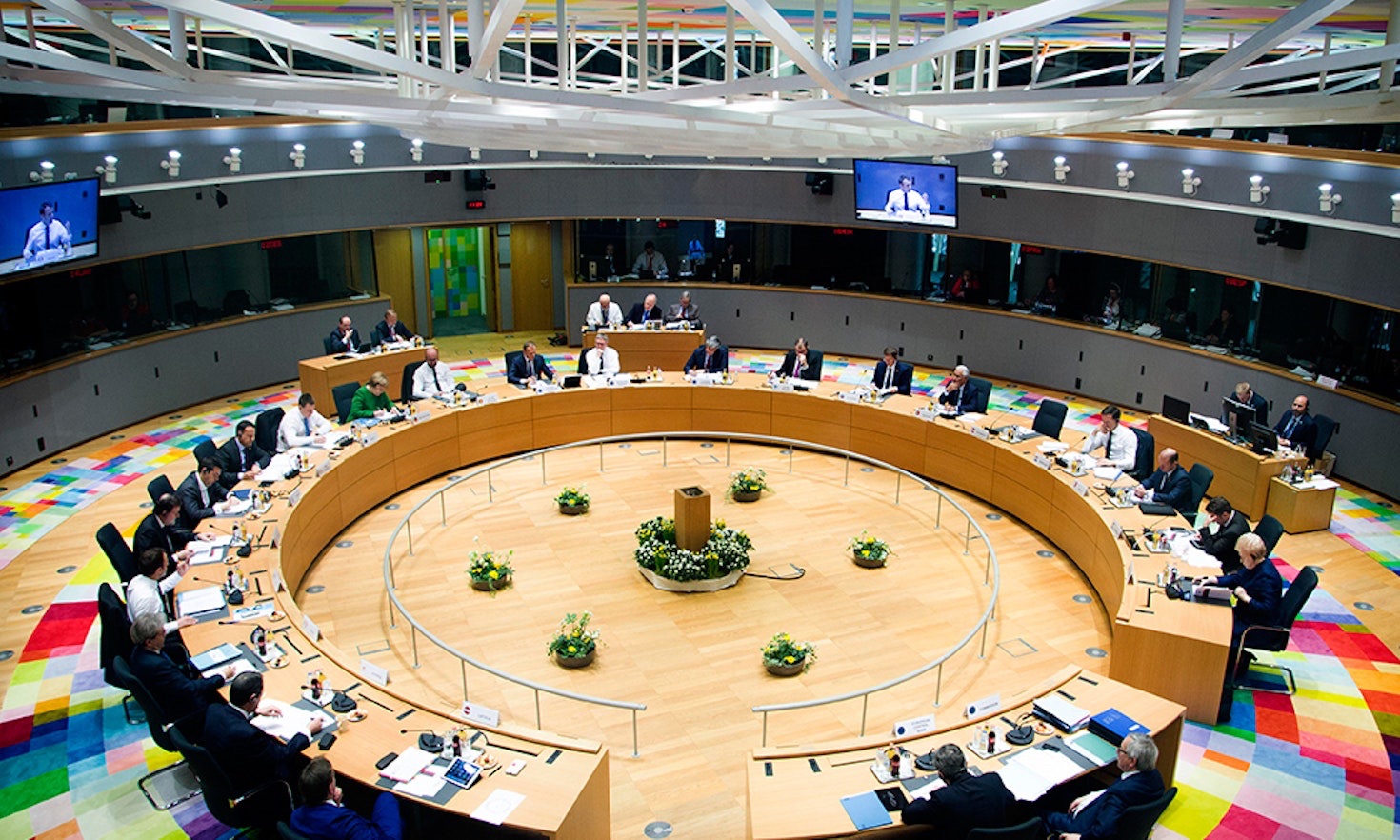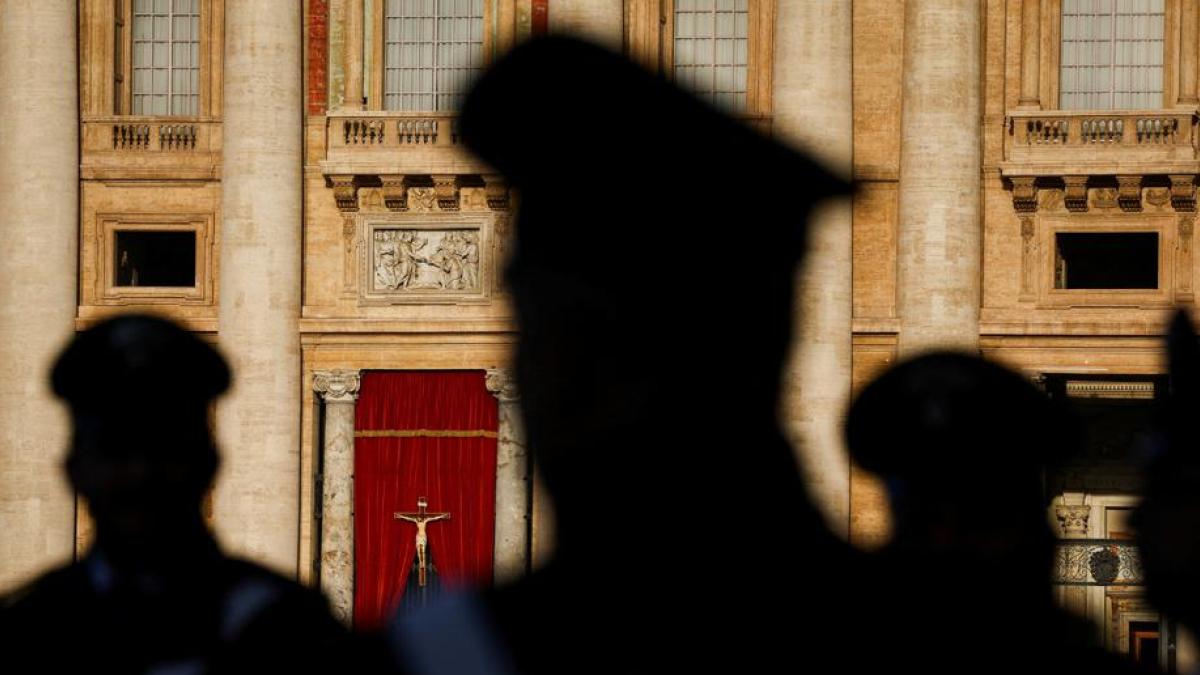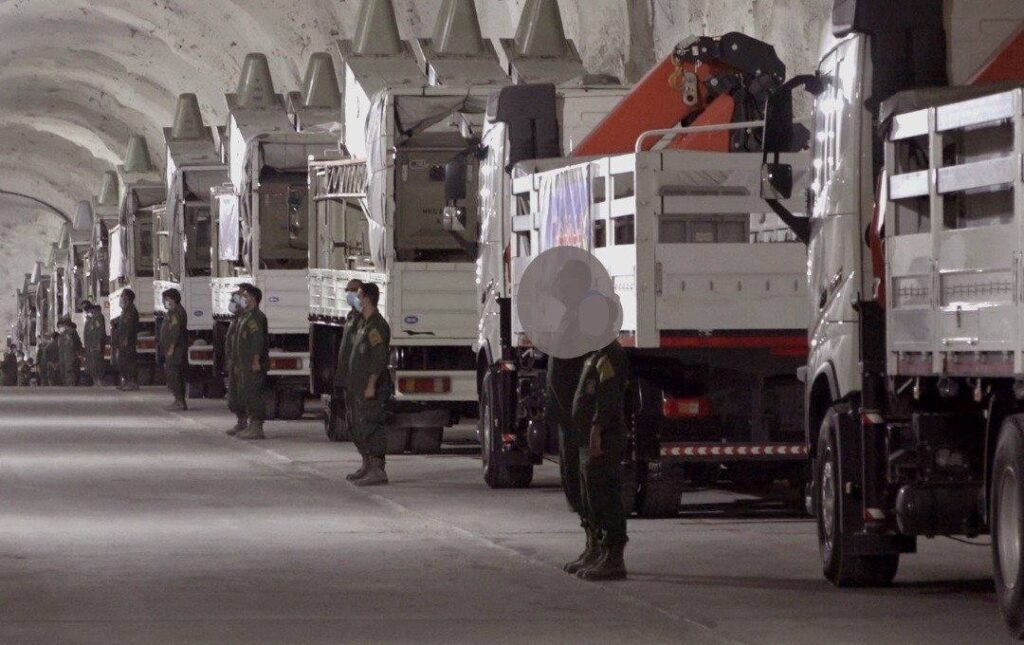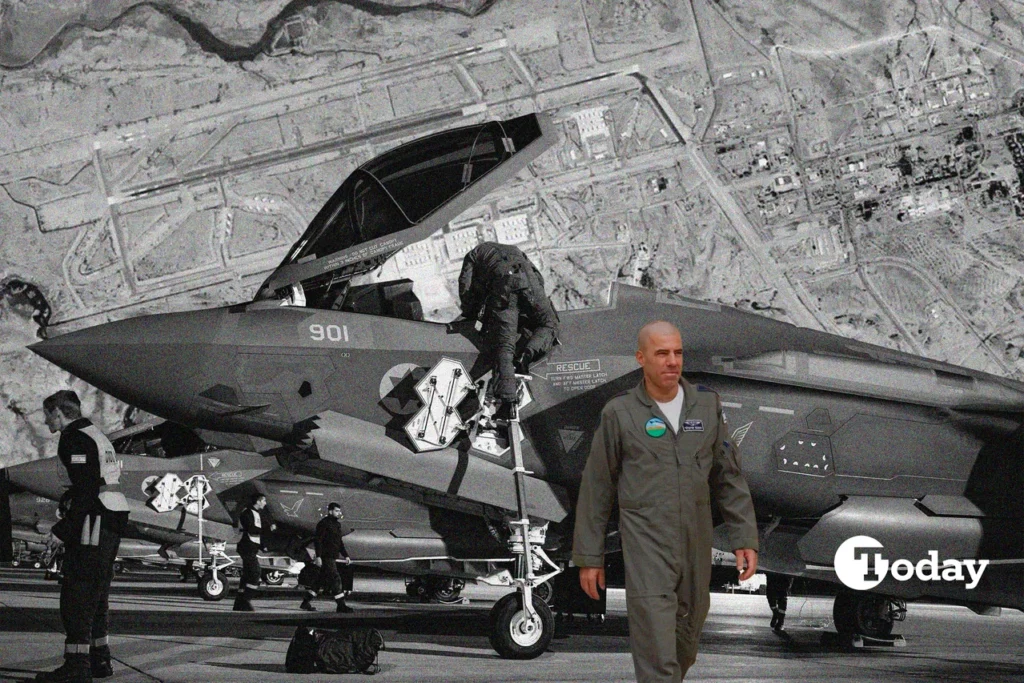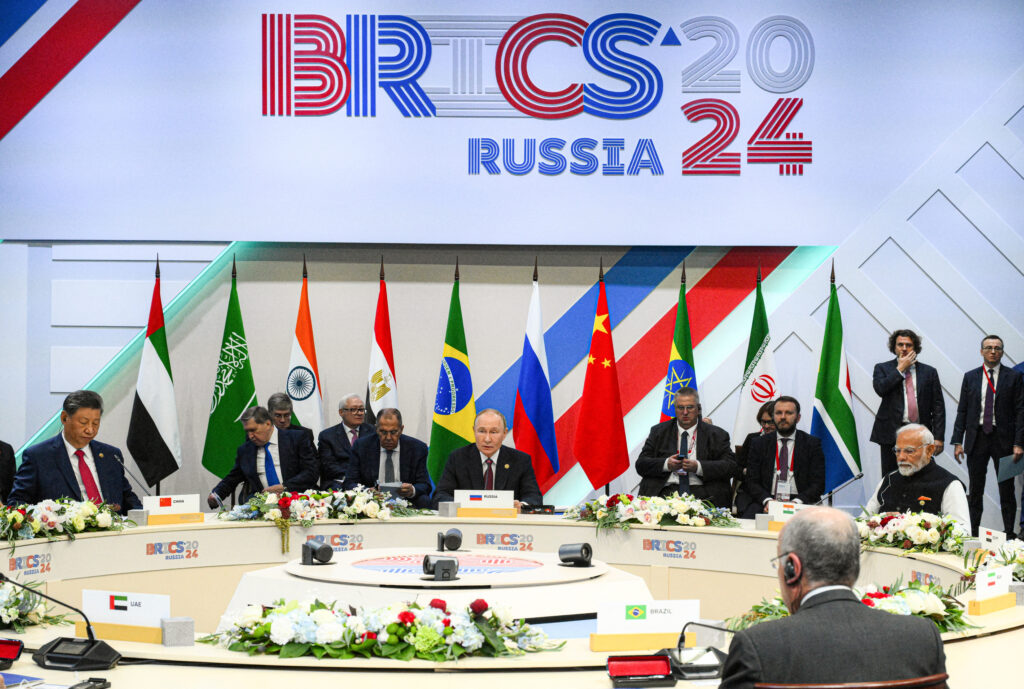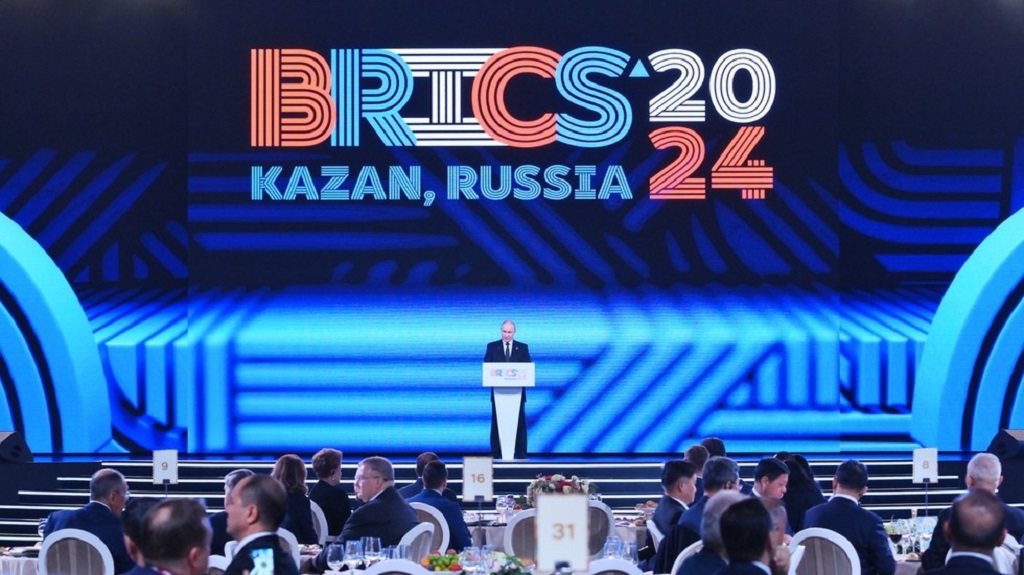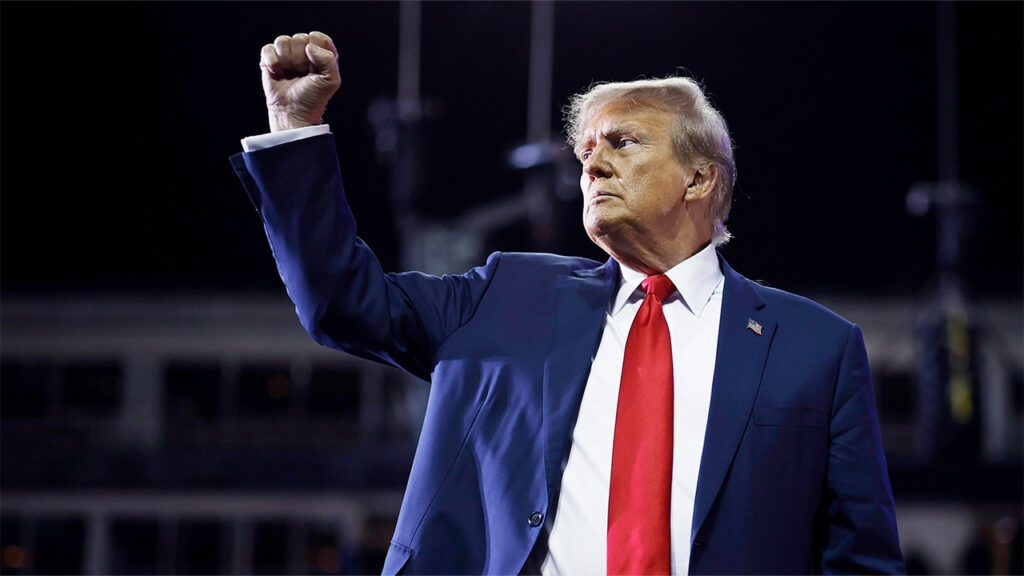The European Council has proven to be a key institution in managing crises that affect both the European Union (EU) and its geopolitical surroundings. Since the implementation of the Lisbon Treaty in 2009, the EU has faced an almost constant state of crisis, addressing economic challenges, migration issues, foreign affairs, and health crises, often simultaneously.
Legal Framework and Role of the European Council
According to Article 24(1) of the Treaty on the European Union, the EU’s common foreign and security policy is defined and implemented by the European Council and the Council of the EU. This process follows an intergovernmental approach, making the European Council an essential forum for foreign policy discussions. Additionally, the Council has solidified its role as the EU’s crisis manager, capable of taking decisive action when urgent or sensitive decisions are needed at a community level.
Responses to Recent Conflicts: Ukraine and the Israel-Hamas Conflict
Two notable cases in recent years that exemplify the European Council’s role as a crisis manager include Russia’s invasion of Ukraine in February 2022 and the Israel-Hamas conflict in 2023. While these crises differ in many aspects, the EU’s response allows for an evaluation of the European Council’s effectiveness as a mediator and strategist on the international stage.
Russia’s Invasion of Ukraine (2022)
Russia’s unprovoked attack on Ukraine represented a monumental challenge for the EU, demanding a unified and rapid response. During the first three months of the crisis, the European Council held numerous extraordinary meetings, issued strong statements, and adopted economic and diplomatic measures to support Ukraine and sanction Russia. These actions included unprecedented humanitarian and military aid, marking a turning point in the EU’s foreign policy.
The Israel-Hamas Conflict (2023)
In the case of the 2023 Israel-Hamas conflict, the European Council faced a complex situation where member states’ positions did not always align. Nevertheless, the EU emphasized international humanitarian law and the need to protect civilians. Council meetings during the first three months of the conflict included discussions on the humanitarian implications, coordinated response, and related UN votes.
Impacts on the EU and Lessons Learned
Both crises significantly impacted EU policy. While the war in Ukraine led to massive sanctions and a reevaluation of Europe’s energy security, the Middle East conflict highlighted internal divisions and the complexity of adopting a unified position. The European Council, as a decision-making body, had to balance swift responses with achieving consensus among member states.
Conclusion
The European Council continues to demonstrate its capacity to manage international crises with an adaptive approach. However, each situation presents unique challenges that test the EU’s cohesion and response efficiency. From Ukraine to the Israel-Hamas conflict, the EU’s response continues to evolve, reinforcing its role as an influential actor on the global stage.
Tags: #EuropeanCouncil #Ukraine #IsraelHamas #InternationalCrisis #ForeignPolicy #EuropeanUnion

